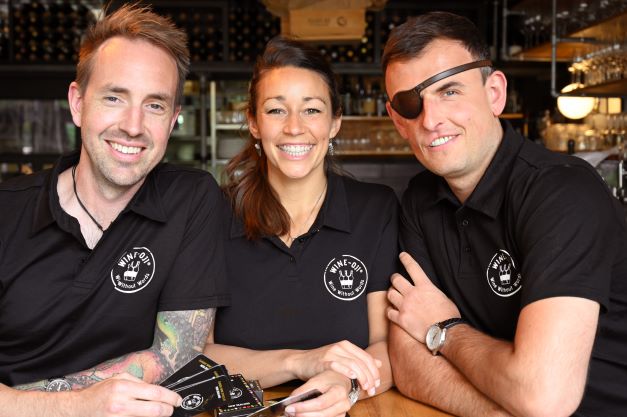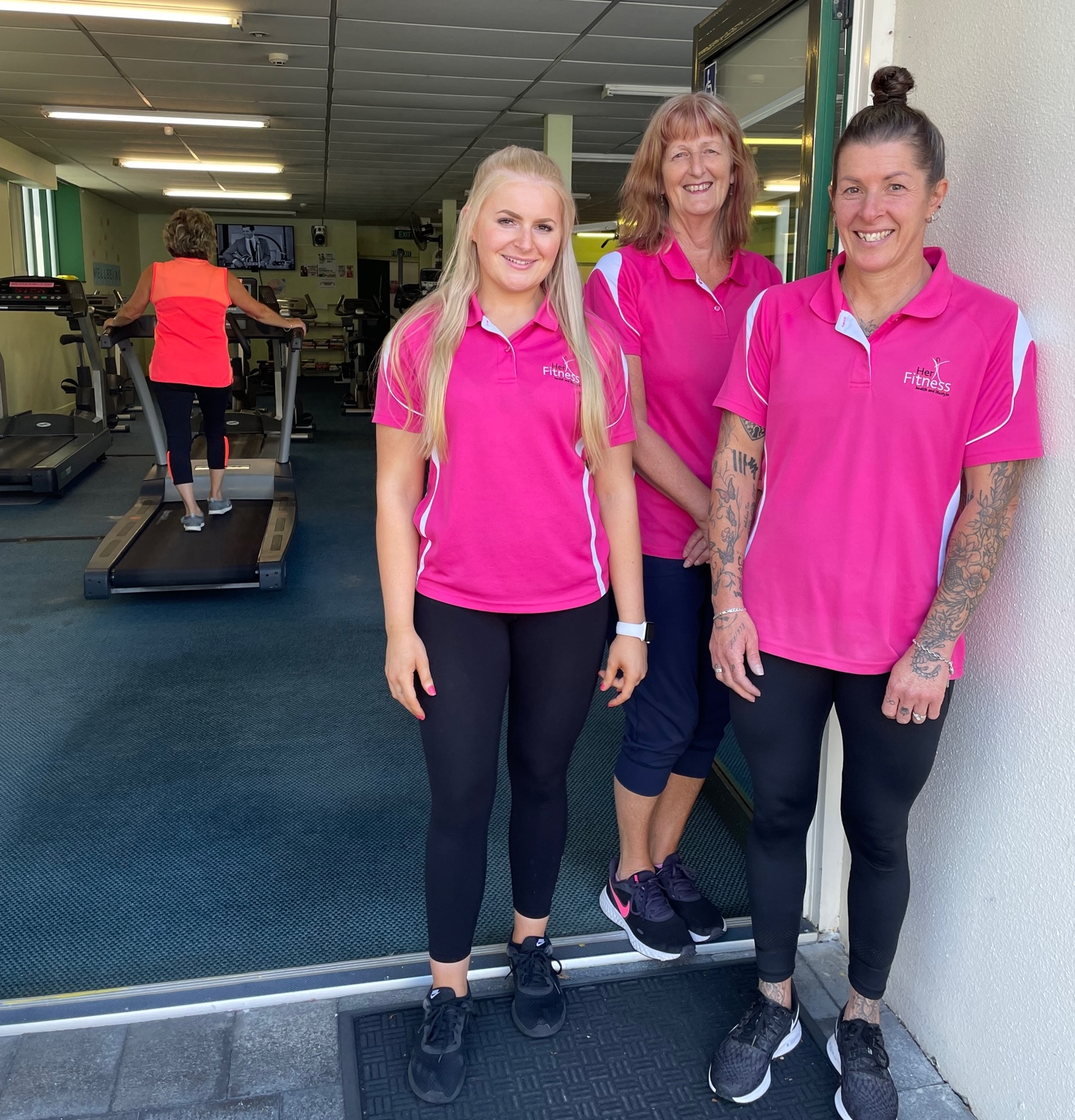Nailing the jobs market
Cat and Jonny Peters describe the growth of their trades recruitment business as formidable, and they’re only just getting started.
Timing can be crucial when launching a new business. Hirestaff owners Cat and Jonny Peters describe the growth of their trades recruitment business as formidable, and they’re only just getting started.
You have to wonder whether husband and wife team Jonny and Cat Peters would have gone ahead with their business plans, had they known what would shake the economy less than 12 months after launching.
As it turns out, it was absolutely the right time to start up their trade recruitment company, because, as is now painfully obvious, the pandemic only served to highlight the skills shortage in New Zealand’s trades, construction, logistics and warehousing industries.
There was a burning need for Hirestaff’s services.
So back to how it all started.
Jonny Peters, a qualified UK plumber, emigrates to New Zealand and works in the trade recruitment sector for a number of years.
In April 2019, frustrated by the reputations of the big players for “poor service and poor internal culture”, he launches Hirestaff from his living room.
“His strength was sales and recruitment, and I helped with the business set up and operations side,” says business partner Cat Peters, “which included payroll, finance, the website, marketing and branding.
“But it was definitely tough going for Jonny in the beginning as he worked hard to build our brand awareness and sales.”
It quickly became unsustainable for Cat to retain her corporate marketing job, so sacrificing her six-figure salary she started full-time in the business in May 2021. Being pregnant with her first child at the time made life even more interesting.
Understandably, the arrival of Covid in 2020 had created major stress and uncertainty, but having successfully navigated a few lockdowns the couple are now confident that Hirestaff will continue to thrive.
Covid’s impact meant it was hard to recruit consultants for the business, recalls Cat. Candidates were hesitant due to pay rates during lockdowns (full rates were paid) and fears around jumping ship.
“The labour market has been incredibly tight too,” explains Cat. “Overseas workers have dried up, and finding Kiwis to do lower paid jobs is challenging.”
Another factor is the shrinking gap between the employment benefit and the minimum wage in this country, she adds. “Many people choose not to work as the cost benefit of working doesn’t make sense.”
Despite the pandemic’s speed bumps, Jonny and Cat still managed to expand their business, and rather spectacularly. They put their success down to “exceptional service” and having a genuine interest for both their clients and job candidates.
The past 12 months has seen staff treble to nine, and temps on their books increase to more than 200. The new warehouse and logistics division now accounts for more than a third of business. Systems and processes have been beefed up to cope with all the growth, and YoY revenue growth has been “phenomenal”, with their first year’s revenue of $1.3 million set to quadruple in 2022.
Confusing and frustrating times
With the ‘Red Setting’ in force at the time of writing in early March, Jonny and Cat were already seeing the impact of more people having to self-isolate. Cat says workforce numbers were decimated overnight. “They will return, but it does make our business quite up and down.”
The government’s original Alert Level response to the Covid outbreak was world class, believes Cat. However, she has found the current traffic light system and rules around close contacts, casuals and household contacts somewhat confusing. “We were also on the back foot regarding RATs (rapid antigen tests). They would have allowed businesses to operate more smoothly.
“The support for business has been terrible as well,” she adds. “The wage subsidy helped retain employees, but didn’t help businesses pay the rent or manage overheads, which don’t go away during a lockdown.
“The resurgence payment was very small and wouldn’t cover even half of most business’s fixed costs.”
Cat remembers waiting “weeks and weeks” for the wage subsidy. “It meant our staff had to wait, often putting them behind on rents.”
She’s noticed a change in people’s attitudes at the lower end of the job market during covid as well, with many people using the virus as an excuse not to work. “It makes it harder for businesses to run smoothly when staff are conveniently playing the ‘I’ve got a runny nose’ card.
“It’s frustrating but you just have to work harder and smarter to find those people who do want to work.”
Planning for beyond Omicron
It’s hard to predict the future when there is still a pandemic causing mayhem across the business community. Nevertheless, Jonny and Cat are optimistic about Hirestaff’s journey over the next few years. There’ll be no let-up in demand for housing in New Zealand, so the construction industry will remain strong for at least the next 12 months, they believe.
“However, there is massive pressure on building costs, so some of the smaller developers and companies may feel the pinch,” says Cat.
“We have diversified our business into warehousing and logistics for that very reason, just in case the building market slows.
“The building industry is also facing a huge skills shortage, and it has been bloody tough to find qualified tradespeople.”
Hirestaff has a strong growth plan for 2022, with Jonny and Cat looking to double their headcount and open additional offices around Auckland. They’re currently doing the ‘hard yards’ to make this happen.
“Once our Auckland expansion is complete, we’ll relocate ourselves and roll out the brand to other regions,” says Cat.
“Our trajectory has been formidable over the past three years and our goal is to continue investing in our people and systems to maintain the growth.
“It’s all about finding and retaining good talent. Our business would be nothing without great people and our current team is pretty special.”
Story by Glenn Baker. Photography by Alisha Lovrich.




